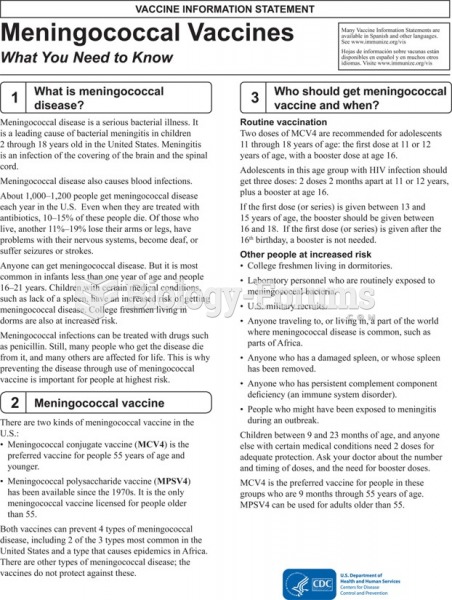|
|
|
Walt Disney helped combat malaria by making an animated film in 1943 called The Winged Scourge. This short film starred the seven dwarfs and taught children that mosquitos transmit malaria, which is a very bad disease. It advocated the killing of mosquitos to stop the disease.
Complications of influenza include: bacterial pneumonia, ear and sinus infections, dehydration, and worsening of chronic conditions such as asthma, congestive heart failure, or diabetes.
Cyanide works by making the human body unable to use oxygen.
Increased intake of vitamin D has been shown to reduce fractures up to 25% in older people.
According to the National Institute of Environmental Health Sciences, lung disease is the third leading killer in the United States, responsible for one in seven deaths. It is the leading cause of death among infants under the age of one year.
 Changes in boreal forest composition along a chronosequence in Quebec. Dates refer to the year of th
Changes in boreal forest composition along a chronosequence in Quebec. Dates refer to the year of th
 The hatred and vengeance of adults become the children’s heritage. The headband of this 4-year-old ...
The hatred and vengeance of adults become the children’s heritage. The headband of this 4-year-old ...





